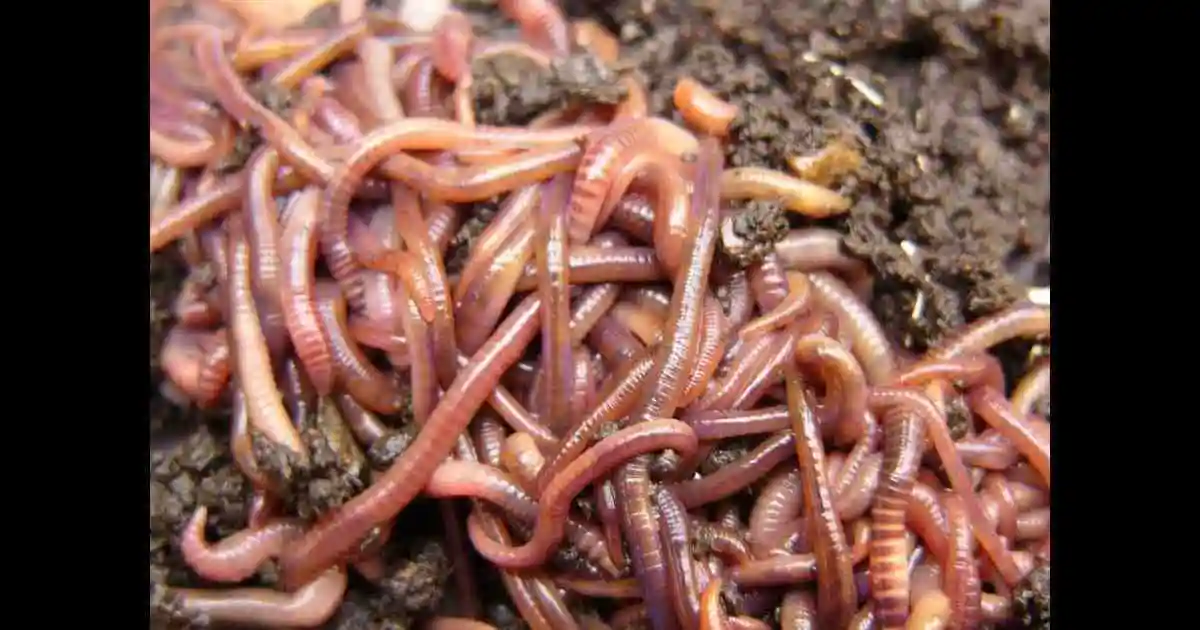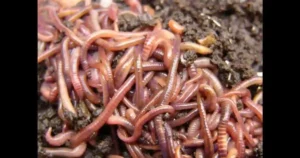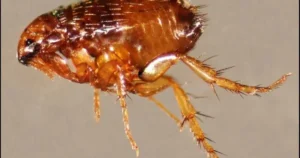Intestinal worms are a prevalent health concern for pets, including dogs and cats. These parasites can lead to various health issues, ranging from mild discomfort to severe illness. This article delves into the types of intestinal worms that commonly affect pets, their symptoms, diagnosis, treatment, prevention strategies, and answers to frequently asked questions.
Types of Intestinal Worms in Pets
Several types of intestinal worms can infect pets, each with distinct characteristics and health implications.
Roundworms

Roundworms are among the most common intestinal parasites in pets. They are long, white, and spaghetti-like in appearance. Pets can contract roundworms through ingesting infected soil, prey, or mother’s milk. Infected animals may exhibit symptoms such as a pot-bellied appearance, weight loss, and diarrhea.
| Parasite Type | Transmission | Symptoms |
| Roundworms | Ingesting eggs or mother’s milk | Pot-belly, diarrhea, weight loss |
| Hookworms | Larvae ingestion or skin contact | Anemia, weakness, bloody diarrhea |
| Whipworms | Contaminated soil or feces | Chronic diarrhea, weight loss |
| Tapeworms | Infected fleas or rodents | Visible segments, digestive disturbances |
Hookworms
Hookworms are small, thin worms that attach to the intestinal lining, feeding on the host’s blood. Pets can become infected by ingesting larvae from contaminated environments or through skin penetration. Symptoms include anemia, weakness, and bloody diarrhea. Severe infestations can be life-threatening, especially in puppies and kittens.
Whipworms

Whipworms reside in the large intestine and cecum of pets. They are transmitted through the ingestion of eggs from contaminated soil or feces. Infected pets may experience chronic diarrhea, weight loss, and general debilitation. Whipworm infections can be challenging to diagnose due to intermittent egg shedding.
Tapeworms
Tapeworms are flat, segmented worms that inhabit the small intestine. Pets typically acquire tapeworms by ingesting fleas carrying tapeworm larvae or consuming infected rodents. Segments of the tapeworm, resembling grains of rice, may be visible around the pet’s anus or in feces. While often causing minimal clinical signs, heavy infestations can lead to digestive disturbances and weight loss.
Symptoms of Intestinal Worm Infestations
Identifying worm infestations in pets can be challenging, as symptoms may vary depending on the type of worm and the severity of the infestation. However, here are some common signs to watch out for:
- Visible Worms: In some cases, you may actually see worms in your pet’s stool, vomit, or around their anal area.
- Changes in Appetite: Worm infestations can cause a loss of appetite or increased hunger in pets.
- Weight Loss: Unexplained weight loss or failure to thrive despite a normal diet may indicate a worm infestation.
- Dull Coat: A lackluster or unkempt appearance of your pet’s coat can be a sign of poor health, potentially due to worms.
- Diarrhea or Vomiting: Digestive disturbances such as diarrhea or vomiting may occur in pets with severe worm infestations.
Diagnosis of Intestinal Worms
Accurate diagnosis of intestinal worms involves several methods:
- Fecal Examination: Microscopic analysis of stool samples to detect worm eggs or larvae.
- Blood Tests: Used to identify specific parasites, such as heartworms.
- Imaging: In certain cases, imaging techniques like ultrasound may be employed to detect adult worms within the gastrointestinal tract.
Treatment Options
Treating intestinal worms typically involves:
- Deworming Medications: Anthelmintic drugs administered orally or via injection to eliminate worms.
- Supportive Care: Addressing symptoms such as dehydration or anemia through fluid therapy and nutritional support.
- Environmental Control: Sanitizing the pet’s environment to prevent reinfection.
| Preventive Measure | Purpose |
| Regular Deworming | Prevents buildup of parasitic load |
| Flea Control | Reduces risk of tapeworm transmission |
| Hygiene Practices | Minimizes exposure to infected feces |
| Routine Veterinary Check-ups | Early detection and treatment |
Prevention Strategies
Preventing intestinal worm infestations is crucial for your pet’s health:
- Regular Deworming: Administering veterinarian-recommended deworming treatments at appropriate intervals.
- Flea Control: Implementing effective flea prevention measures to reduce the risk of tapeworm transmission.
- Hygiene Practices: Maintaining cleanliness by promptly disposing of pet feces and preventing pets from scavenging or hunting.
- Routine Veterinary Check-ups: Regular health assessments to monitor and manage potential parasitic infections.
Conclusion
Intestinal worms pose significant health risks to pets, potentially leading to severe health issues if left untreated. Recognizing the types of worms, understanding the symptoms, and implementing effective prevention and treatment strategies are essential steps in safeguarding your pet’s health. Regular veterinary care and adherence to deworming schedules play pivotal roles in maintaining a parasite-free environment for your beloved companions.
With proper awareness and proactive care, you can ensure your pets lead happy, healthy lives, free from the threat of intestinal parasites.
FAQs
How can I tell if my pet has worms?
Common signs include visible worms in feces or vomit, changes in appetite, weight loss, a dull coat, and digestive disturbances like diarrhea or vomiting. However, some pets may not show obvious symptoms, so regular veterinary check-ups are important.
Can humans contract intestinal worms from pets?
Yes, certain intestinal worms, such as roundworms and hookworms, are zoonotic and can infect humans. Practicing good hygiene, regular deworming of pets, and proper disposal of pet feces can reduce this risk.
How often should I deworm my pet?
The frequency of deworming depends on factors like your pet’s age, lifestyle, and environment. Puppies and kittens require more frequent treatments than adult pets. Consult your veterinarian for a tailored schedule.
What is the best way to prevent worms in pets?
The best prevention strategies include regular deworming, effective flea control, maintaining cleanliness, and routine veterinary care. Avoid allowing your pet to roam unsupervised in areas with high parasite exposure.

Robert Harris is a dedicated animal enthusiast and expert in the pet and wildlife niche. With extensive experience in pet care, wildlife studies, and blogging, James offers practical tips, insightful advice, and heartwarming stories to help pet owners create stronger connections with their furry, feathered and scaly friends.








